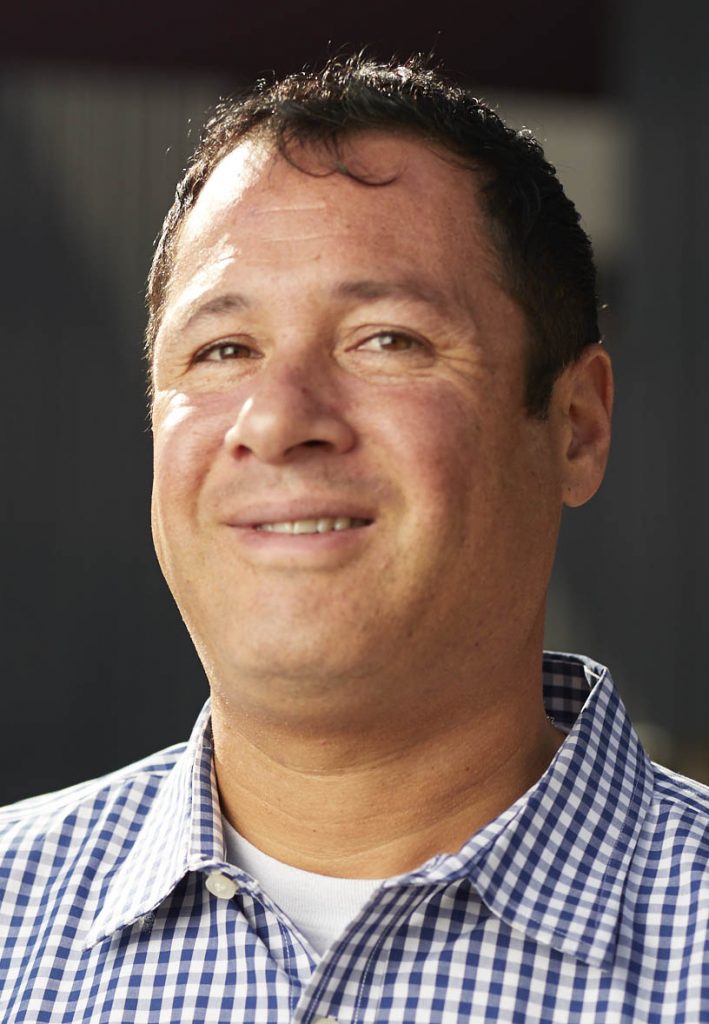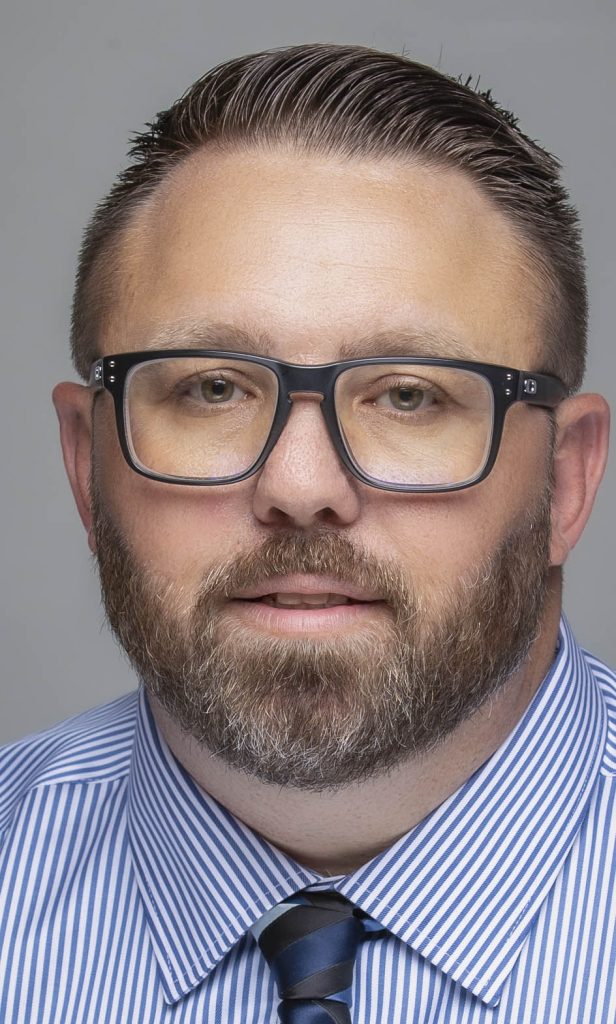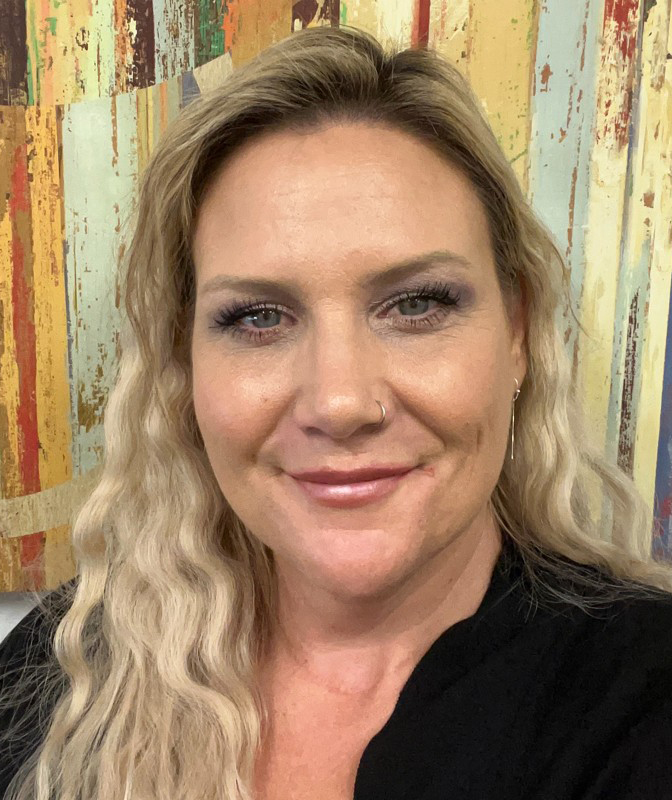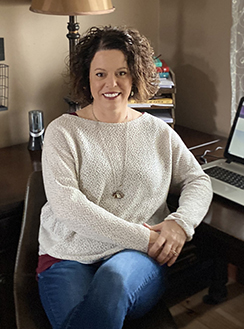Four GCU faculty and staff were presenters at the recent Transforming the Teaching & Learning Environment, a virtual conference in its 15th year that featured 60 sessions over 10 days.

One of the GCU-led presentations was “Reflections on Scholarship: Publishing and Peer Reviewing for the Journal of Scholarly Engagement.” It was presented by Dr. Thomas Dyer, a professor in GCU’s College of Humanities and Social Sciences (CHSS) and Editor-in-Chief of the Journal of Scholarly Engagement (JSE); Dr. John Steele, an associate professor of CHSS and the Associate Editor of the JSE; and Jenny Kuban, Program Manager in the Office of Research and Grants and Managing Editor for the JSE and the Canyon Journal of Undergraduate Research.

The workshop was for scholars interested in either submitting a manuscript to the Journal of Scholarly Engagement or serving on the peer review board.

Dyer, Steele and Kuban addressed four questions: What makes a manuscript a good fit for the journal, what research methodologies can be used to design studies appropriate to the JSE, what steps can be taken to prepare a manuscript for review, and what is the process to serve on the peer review board for JSE.
Also leading a session was Dr. Jean Mandernach, Executive Director of the Center for Innovation in Research and Teaching at GCU. Her research focuses on enhancing student learning in the online classroom through innovative instructional and assessment strategies.
She presented “No Attention = No Benefit: Increasing Students’ Use of Assignment Feedback.”

Mandernach related how feedback is one of the most important aspects of the online student learning experience, yet despite its importance, there is concern that students fail to use their instructors’ feedback in a meaningful way. One underlying issue is that students don’t read the feedback they receive, meaning it has zero impact.
Her study aims to gain a fundamental understanding of the rate at which students view instructor assignment feedback posted in the learning management system gradebook. The hope is the study will provide insight into instructional strategies, curricular design and technological interventions that can be implemented to enhance the effectiveness in which students use the feedback provided.
Another GCU connection at the virtual conference was alumna Dr. Laura Thompson, whose session was titled “Show Students You’re There: Communication, Instructor Presence and Community Development.” She referenced how instructor presence is the keystone to effective courses. Instructor presence contributes to interactions for learning, socialization of content, community development and the overall learning experience. Thompson earned her Ph.D. in Psychology with an Emphasis in the Integration of Technology and instruction from GCU and is a learning strategies coordinator at Delaware Technical and Community College.



































































